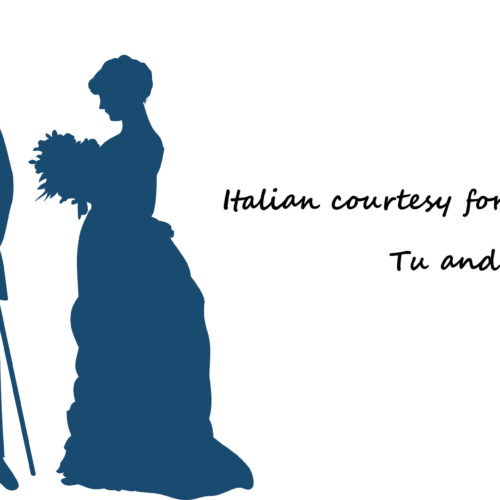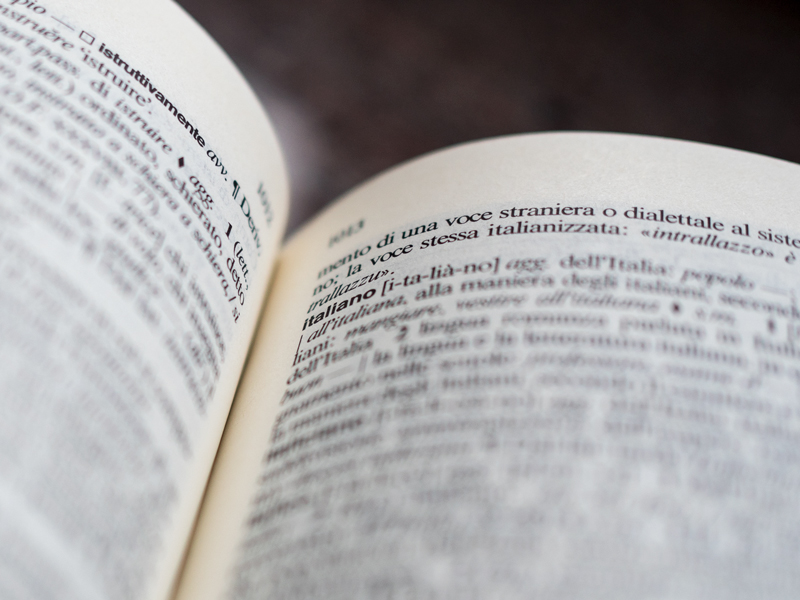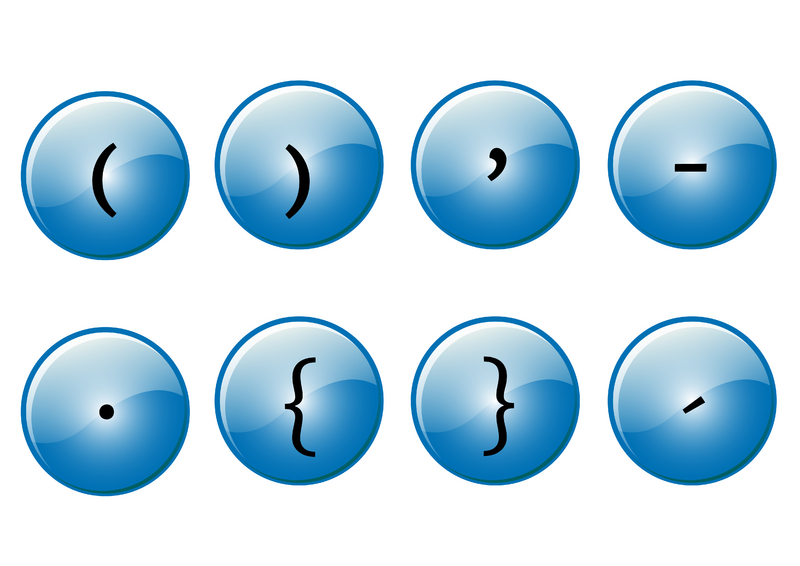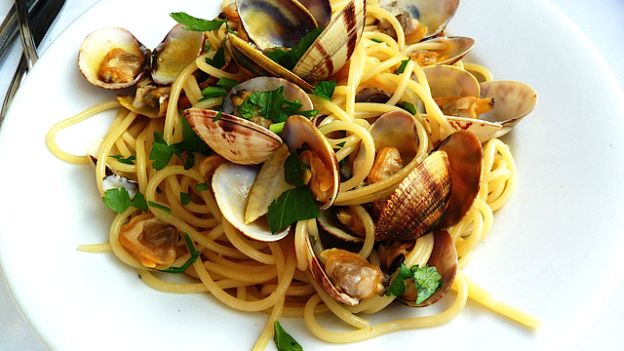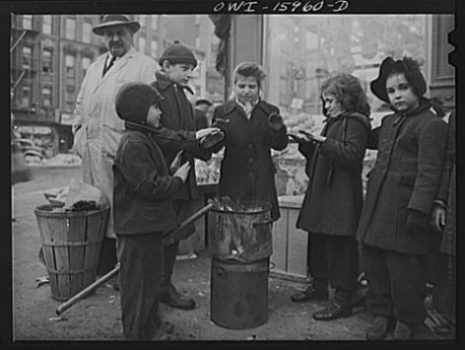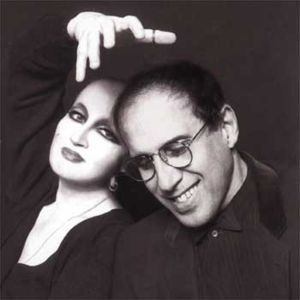Conjunctions are words that link one word to another and without them the first part of a sentence would appear disconnected from the end. Conjunctions are invariable parts of speech, so called because they join and connect words or clauses. There are two kinds of conjunctions: coordinating conjunctions (and, so, or, but, also, only), which connect two sentences or two words, and subordinating conjunctions (when, why, while, once), which are used to join two sentences where one depends on the first (the main clause). For example:
Coordinating Conjunctions
Ho bisogno di una penna o una matita rossa per scrivere questo esercizio = I need a pen or a red pencil to write this exercise.
Vado a scuola ma preferirei andare in spiaggia = I’m going to school but I’d rather go to the beach.
Subordinating Conjunctions
Sono passati due anni da quando ho visto Carlo l’ultima volta = It’s been two years since I last saw Carlo.
Carlo mangia un panino di prosciutto e formaggio (“e” congiunzione) = Carlo eats a sandwich with ham and cheese.
Io desidero dell’arrosto e del purè = I want roast and smashed potatoes.
Sebbene siamo stati a Barcellona, e malgrado la magnifica accoglienza che abbiamo avuto, siamo dovuti ritornare in Italia, perché avevo molto lavoro da fare = Though we were in Barcelona, and in spite of the wonderful welcome we received, we had to return, because I had a lot of work to do.
Io ero così stanca che mi sono addormentata = I was so tired that I fell asleep.
Sebbene io ti ami, non posso sposarti = Although I love you, I cannot marry you.
Se non mi sbaglio, tu stai studiando l’italiano = Unless I’m mistaken, you are studying Italian.
Andrò a quella festa a condizione che mi vesto come mi piace = I’ll go to the party provided that I can wear what I like.
Sono andato a casa dopo che è finito il film = I went home after the movie finished.
Sei così gentile quindi gli altri se ne approfittano = You are too nice, and therefore tend to be exploited.
Non sono potuta venire, perchè ero malata = I couldn’t come, because I was ill.
Non vado mai alle feste a meno che tu non venga con me. = I never go to parties unless you come with me.
Quando ti chiamo tu sei sempre occupata. = When I call you are always busy.
I suoi capelli non erano né lunghi né corti = His hair was neither long nor short.
Andai a letto ma non dormii = I went to bed but didn’t sleep.
Siccome ha nevicato, andiamo a sciare = Since it has snowed, let’s go skiing.
The most important conjunctions:
And = e
Though = sebbene
Even = persino
Even if = anche se
So = perciò
Although = malgrado, sebbene, benché
Unless = a meno che
Provided that = a condizione che, a patto che
After = dopo che
However = comunque
Therefore = quindi
Because = perché, per la ragione che
Unless = a meno che
As soon as = appena che
When = ogni volta che
Until = fino a che
Neither … nor = né … né
But = ma
Since = siccome, per la ragione che
Exercise:
Fill the text with the correct conjunction
Ero nella mia stanza una sera ___________ sentii qualcosa nel corridoio. Alzai lo sguardo dal mio lavoro ___________ vidi una busta scivolare sotto la porta. Era una busta spessa, ___________ non così spessa da non poter essere spinta sotto la porta. Sulla busta c’era scritto il mio nome, ___________ quello che era all’interno aveva l’aria di essere una lettera di mia moglie.
Ho detto “aveva l’aria” ___________ anche se le lagnanze sarebbero potute venire solo da qualcuno ___________ aveva passato ventitré anni a osservarmi nel tran tran quotidiano più intimo, le accuse erano sconvolgenti ___________ totalmente incongrue con la natura di mia moglie.
I was in my room one night when I heard something in the hall. I looked up from my work and saw an envelope slide under the door. It was a thick envelope, but not so thick it couldn’t be pushed under the door. My name was written on the envelope and what was inside seemed to be a letter from my wife.
I said “seemed” because even though the grievances could only have come from someone who’d spent twenty-three years observing me on an intimate, day-to-day basis, the charges were outrageous and completely out of keeping with my wife’s character.
Answers: quando, e, ma, e, perché, che, e.
By: Elisa Bressan










